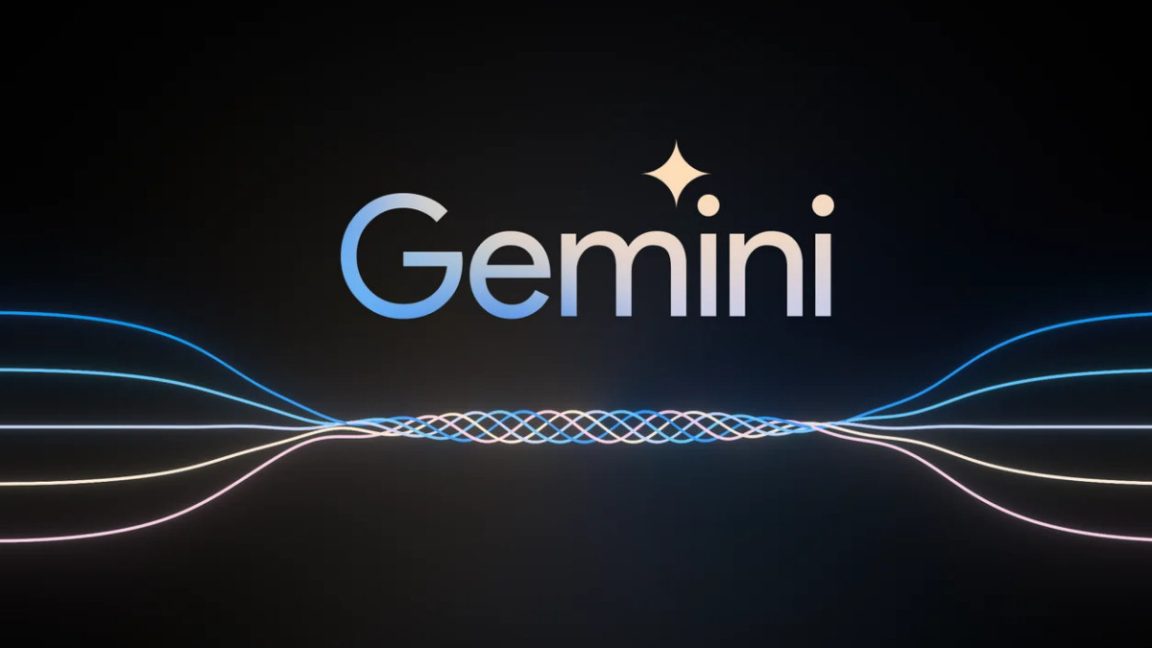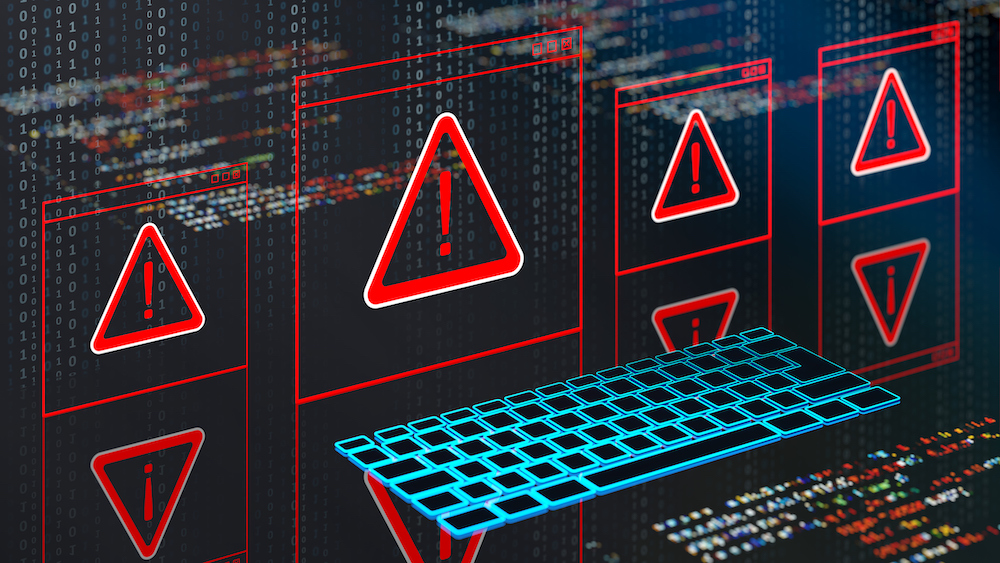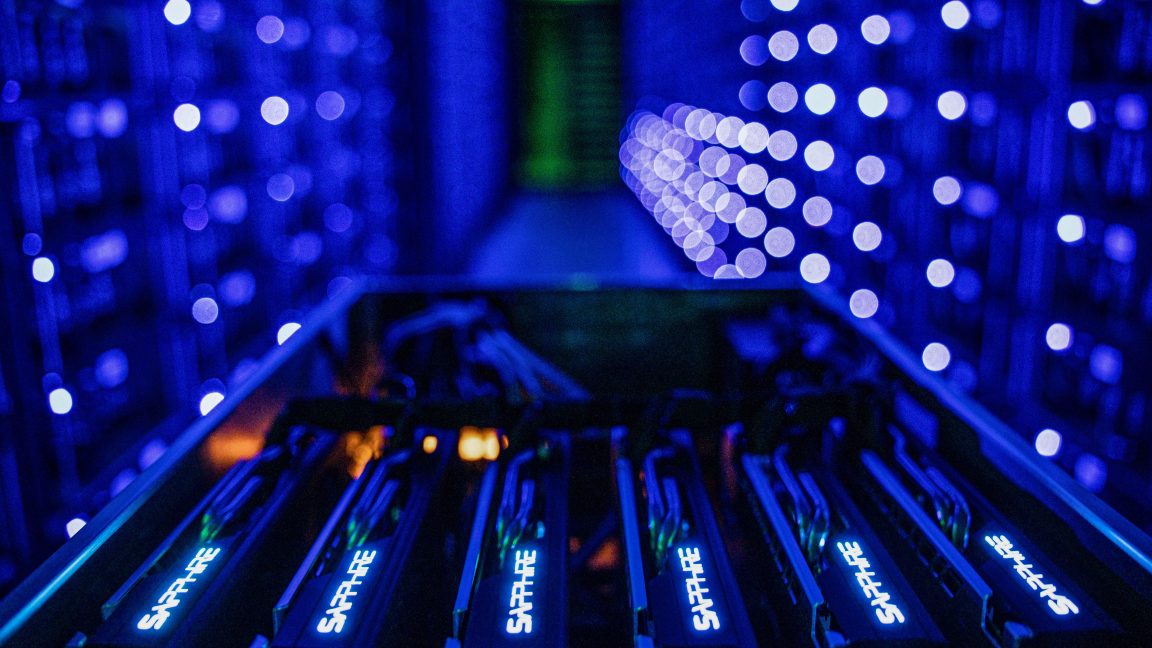Researchers have uncovered a sustained and ongoing campaign by Russian spies that uses a clever phishing technique to hijack Microsoft 365 accounts belonging to a wide range of targets, researchers warned.
The technique is known as device code phishing. It exploits “device code flow,” a form of authentication formalized in the industry-wide OAuth standard. Authentication through device code flow is designed for logging printers, smart TVs, and similar devices into accounts. These devices typically don’t support browsers, making it difficult to sign in using more standard forms of authentication, such as entering user names, passwords, and two-factor mechanisms.
Rather than authenticating the user directly, the input-constrained device displays an alphabetic or alphanumeric device code along with a link associated with the user account. The user opens the link on a computer or other device that’s easier to sign in with and enters the code. The remote server then sends a token to the input-constrained device that logs it into the account.









